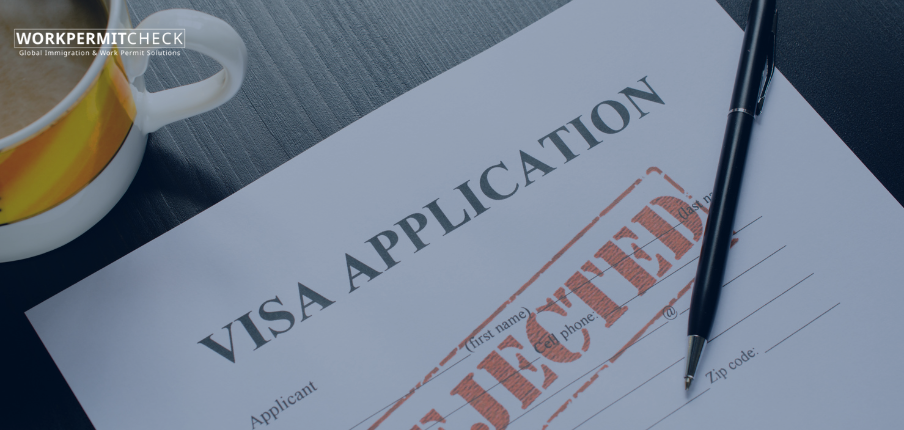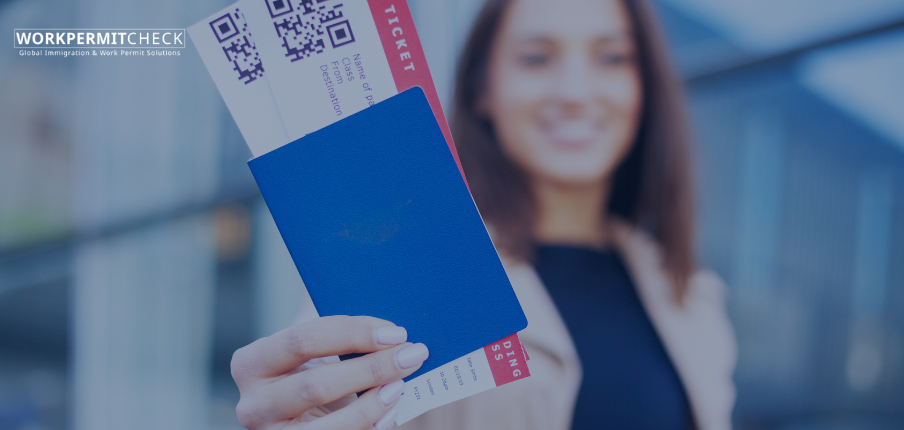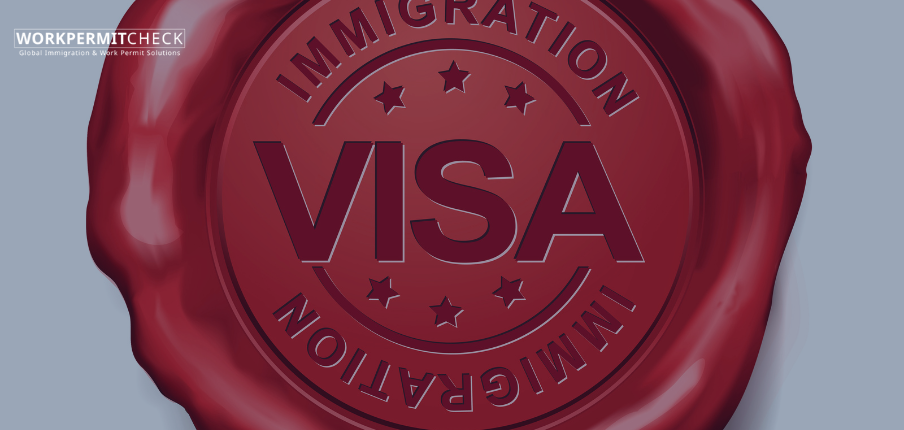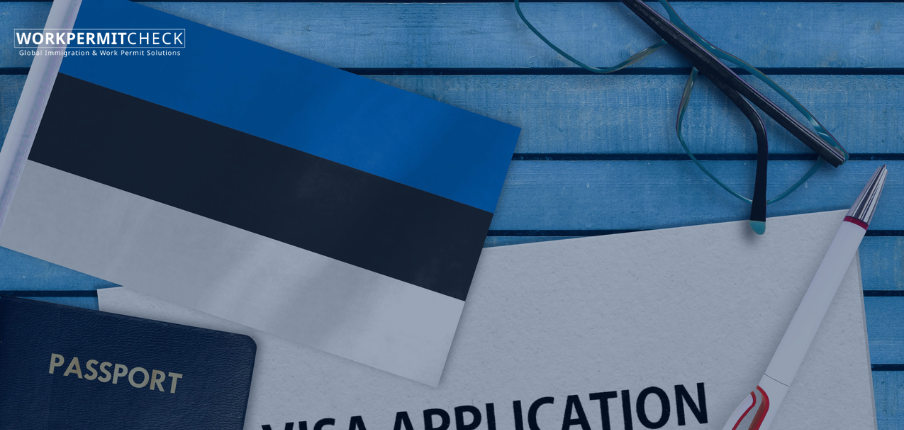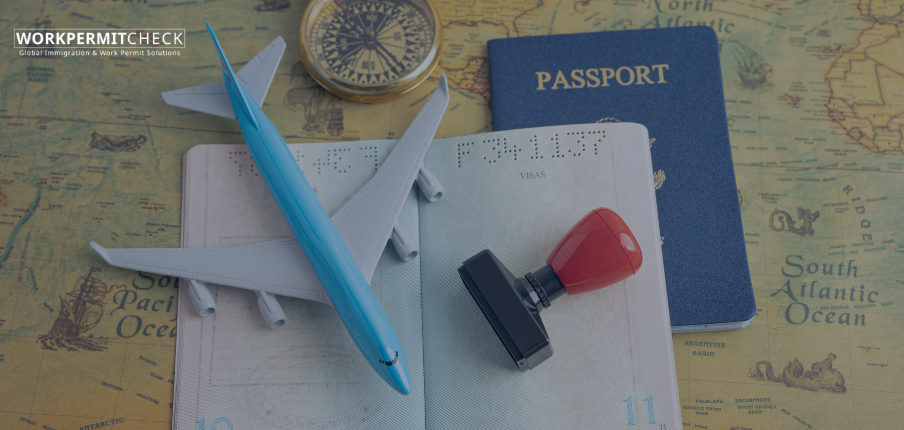A visa rejection can be a frustrating and disappointing experience, especially if you have made important plans around your travel, work, or study abroad. However, a rejection is not necessarily the end of the road. Many countries allow applicants to appeal a visa decision or reapply under certain conditions.
This guide explains what to do if your visa is denied, how the appeal process works, and what steps you can take to improve your chances of a successful outcome.
Common Reasons for Visa Rejection
Before considering an appeal, it is important to understand why your application was denied. Common reasons include:
-
Incomplete or incorrect documentation
-
Failure to prove sufficient financial means
-
Lack of strong ties to your home country
-
Unclear or suspicious travel intentions
-
Previous immigration violations
-
Inadequate travel insurance (where required)
-
Concerns about public order or health
The rejection notice you receive from the embassy or consulate typically includes the specific reason(s) for denial.
Can You Appeal a Visa Rejection?
In many cases, yes, you can appeal a visa decision. Whether or not an appeal is possible depends on the country’s immigration laws, the type of visa, and the specific reason for refusal.
Here is how the appeal process generally works:
1. Review the Rejection Notice
The first step is to carefully read the rejection letter issued by the embassy or consulate. It will usually state:
-
The reason for the denial
-
Whether an appeal is permitted
-
The deadline and method for filing an appeal
2. Determine Eligibility for Appeal
Some countries allow you to appeal a visa rejection formally, while others may only permit you to reapply with improved documentation. The key differences are:
-
Formal appeal: A legal request to reconsider the decision, often reviewed by an immigration authority or administrative court.
-
Reapplication: Submitting a new visa application with corrected or additional documents.
Examples:
-
Schengen countries (e.g., Germany, France): Allow formal appeals within a set timeframe (typically 15 to 30 days).
-
United Kingdom: Appeals are limited; you may have to apply for an administrative review or reapply with stronger evidence.
-
United States: Visa decisions are typically final, but you can reapply anytime unless otherwise restricted.
3. Prepare Appeal Documents
If appeals are allowed, you will typically need to submit:
-
A formal appeal letter (explaining why you believe the decision was incorrect)
-
A copy of the rejection notice
-
Additional supporting documents that address the reasons for refusal
-
Identification documents (e.g., passport copies)
Tip: The appeal letter should be clear, respectful, and focused on correcting the specific issue that led to the rejection.
4. Submit the Appeal
Follow the exact instructions provided by the embassy or immigration authority. This may involve:
-
Filing the appeal in person, online, or by mail
-
Respecting strict submission deadlines
-
Sending the appeal to a specific department or legal authority
Late submissions are often not accepted.
5. Wait for a Decision
The processing time for appeals can vary widely:
-
Some appeals are decided within a few weeks
-
Others, especially legal appeals, may take several months
During this time, your original visa status remains unchanged. You cannot travel until the appeal is approved and a visa is issued.
6. Consider Reapplying Instead of Appealing
In some cases, it may be quicker and more effective to reapply with corrected documentation instead of going through the formal appeal process. This is especially true if the reason for rejection is something easily fixed, such as missing paperwork or an expired passport.
Final Tips for a Successful Appeal
-
Be honest and respectful in your appeal letter
-
Provide only relevant and updated documentation
-
Do not repeat the same mistakes from your original application
-
If needed, seek help from immigration lawyers or authorized consultants
Final Thoughts
Being denied a visa is discouraging, but it is not necessarily the end of your journey. Depending on the rules of the country you applied to, you may have the right to appeal the decision or submit a new application. By understanding the reason for the rejection and responding appropriately, you can improve your chances of a successful outcome.
**This information is for informational purposes only and does not constitute legal or immigration advice.**
May 21, 2025
